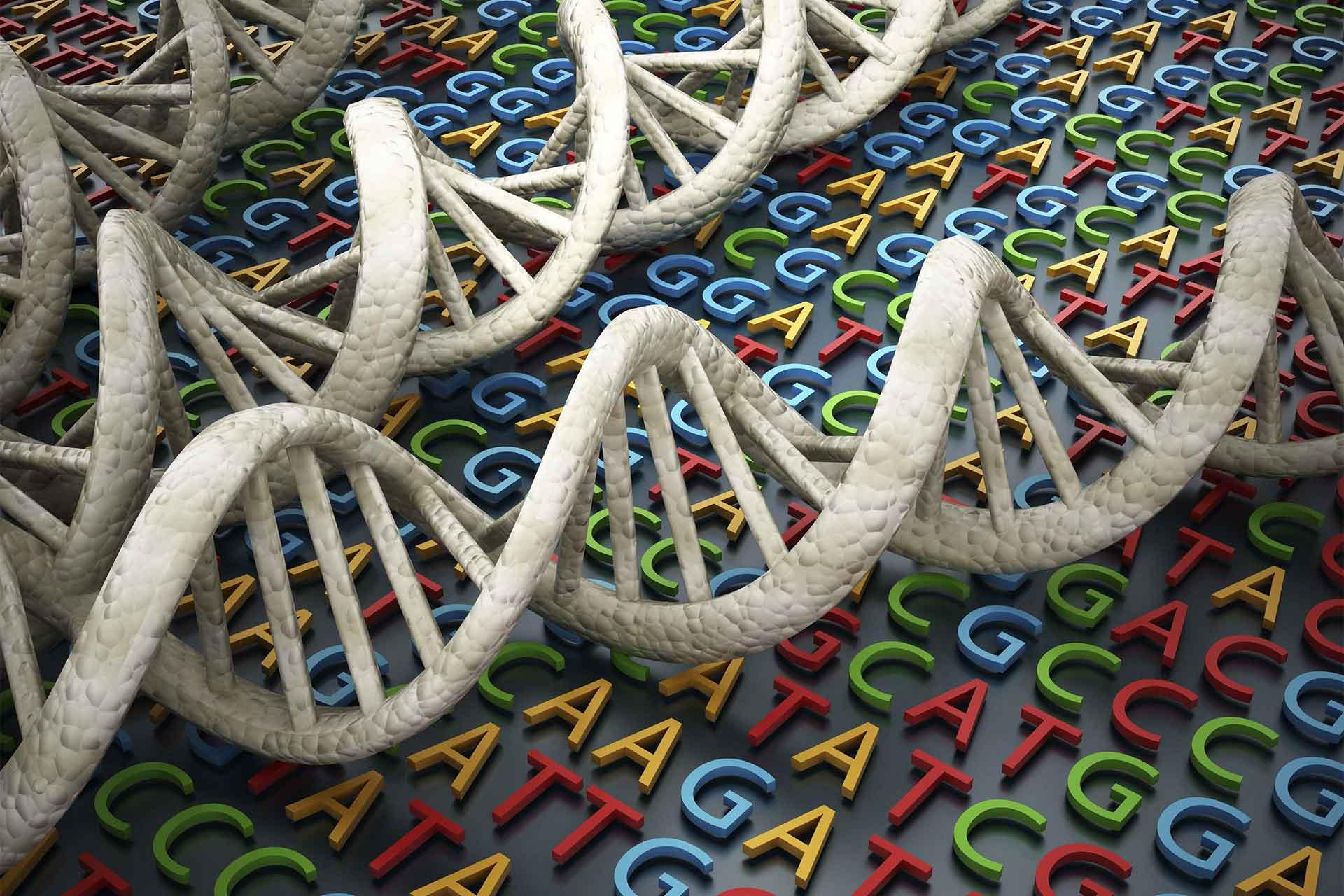The Bioinformatics Science Technology Platform (STP) develops and delivers computational pipelines that underpin Pirbright's research in virology, immunology, genetics and vector biology.
We deliver data-driven science, computational approaches to biological problems, analyse large-scale biological data, and organise datasets for advanced modelling (such as Artificial Intelligence, AI).
The unit's bioinformatic activities focus on the development and delivery of robust and highly sensitive analysis pipelines for de-novo assembly of DNA/RNA viruses, RNA-sequencing analysis and tools aimed at the evolutionary analysis of viral/host sequences.
These novel in-house pipelines have already been applied to a number of Pirbright projects, including the characterisation of FMDV quasi-species in buffalo, the genomic analysis of vector species and the determination of biomarkers in Marek’s disease virus infection.
We are also committed to developing specialist tools, such as variant callers specialised for viral data and integrative tools to analyse data deriving from a combination of protocols and conditions.
The group also run Pirbright’s high performance computing cluster. With ~1000 hyper-threaded CPU cores, 4TB RAM and 0.5 PB of storage, it provides quantitative scientists at the Institute with a modern cutting-edge high speed data analysis capability.
Computational infrastructure
High performance computing (HPC) cluster.
Team
Dr Nicos Angelopoulos, Group Leader, Bioinformatics co-lead
Dr Tim Downing, Genomics Group Leader, Bioinformatics STP co-lead
Dr Chandana Tennakoon, Senior Bioinformatician
Lily Yang, Senior Bioinformatician
Ahsan Riaz, Data Manager
Contact
Services are available for internal/collaborative use only.
Access to unit resources can be granted by contacting the team members above.



